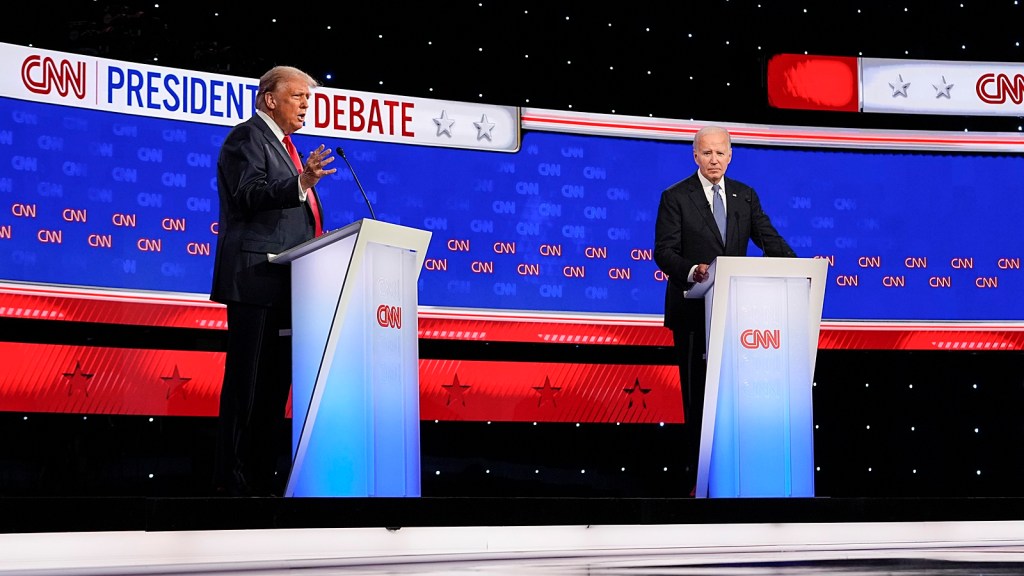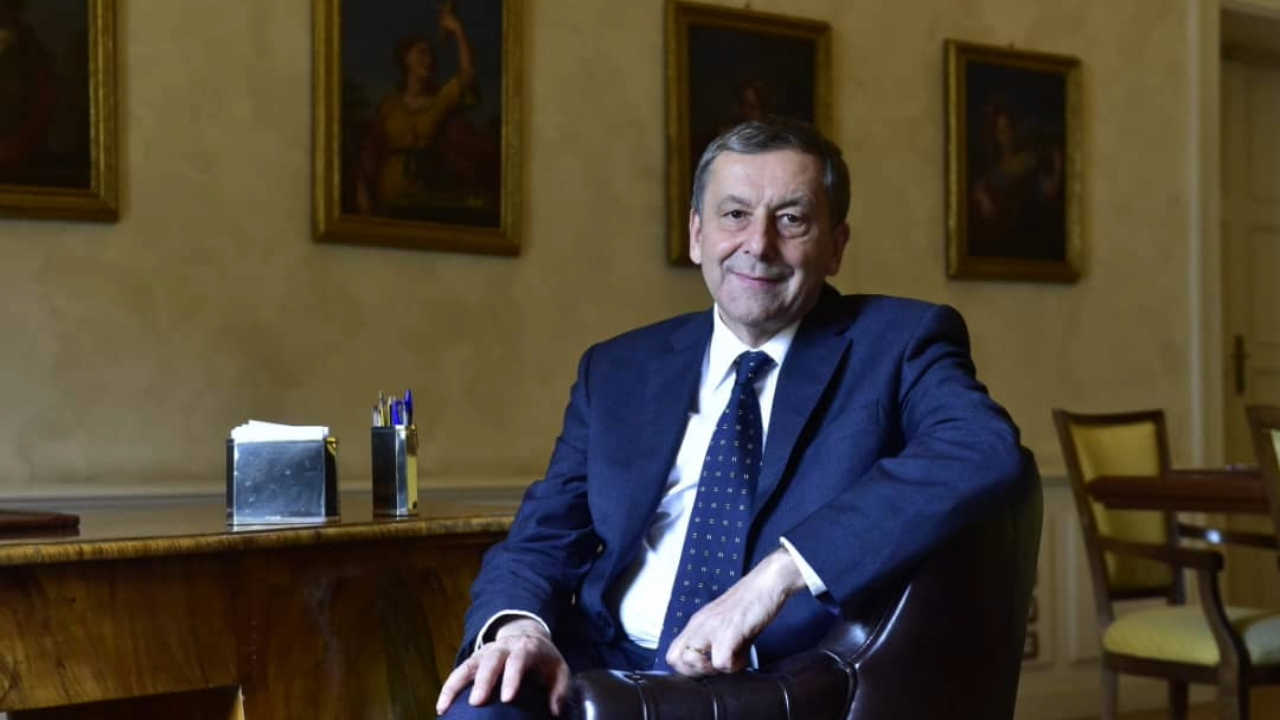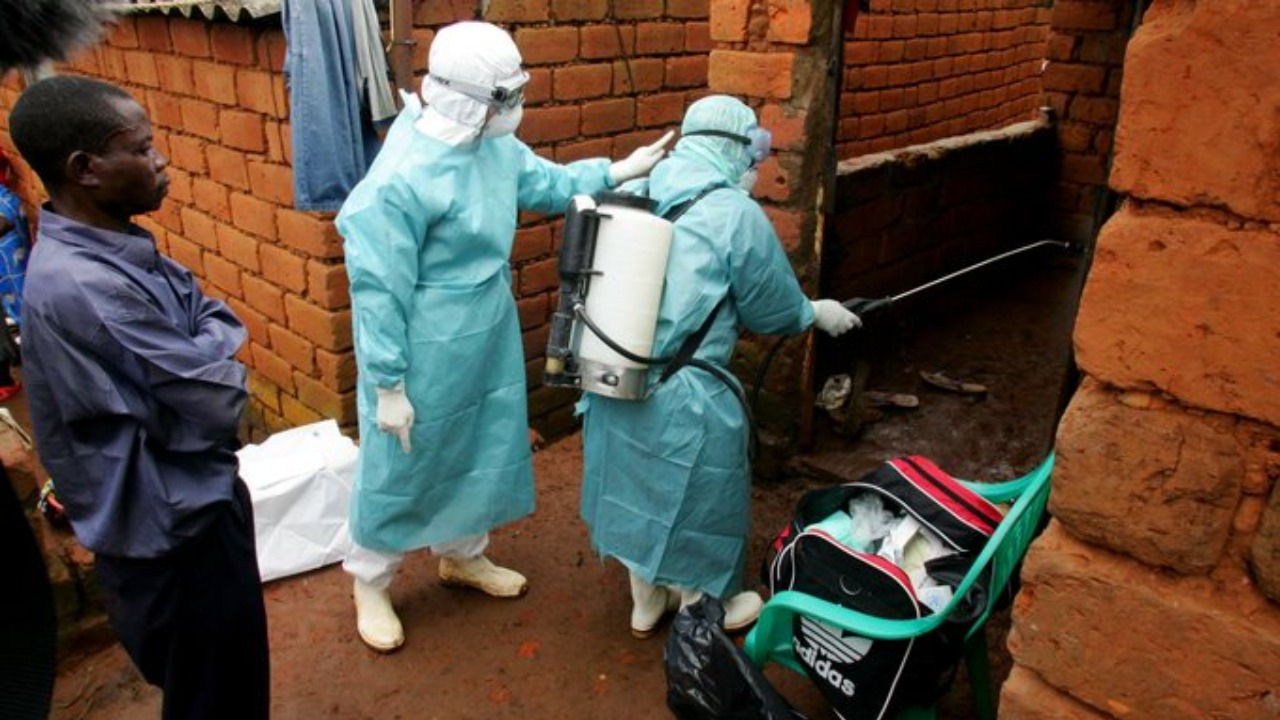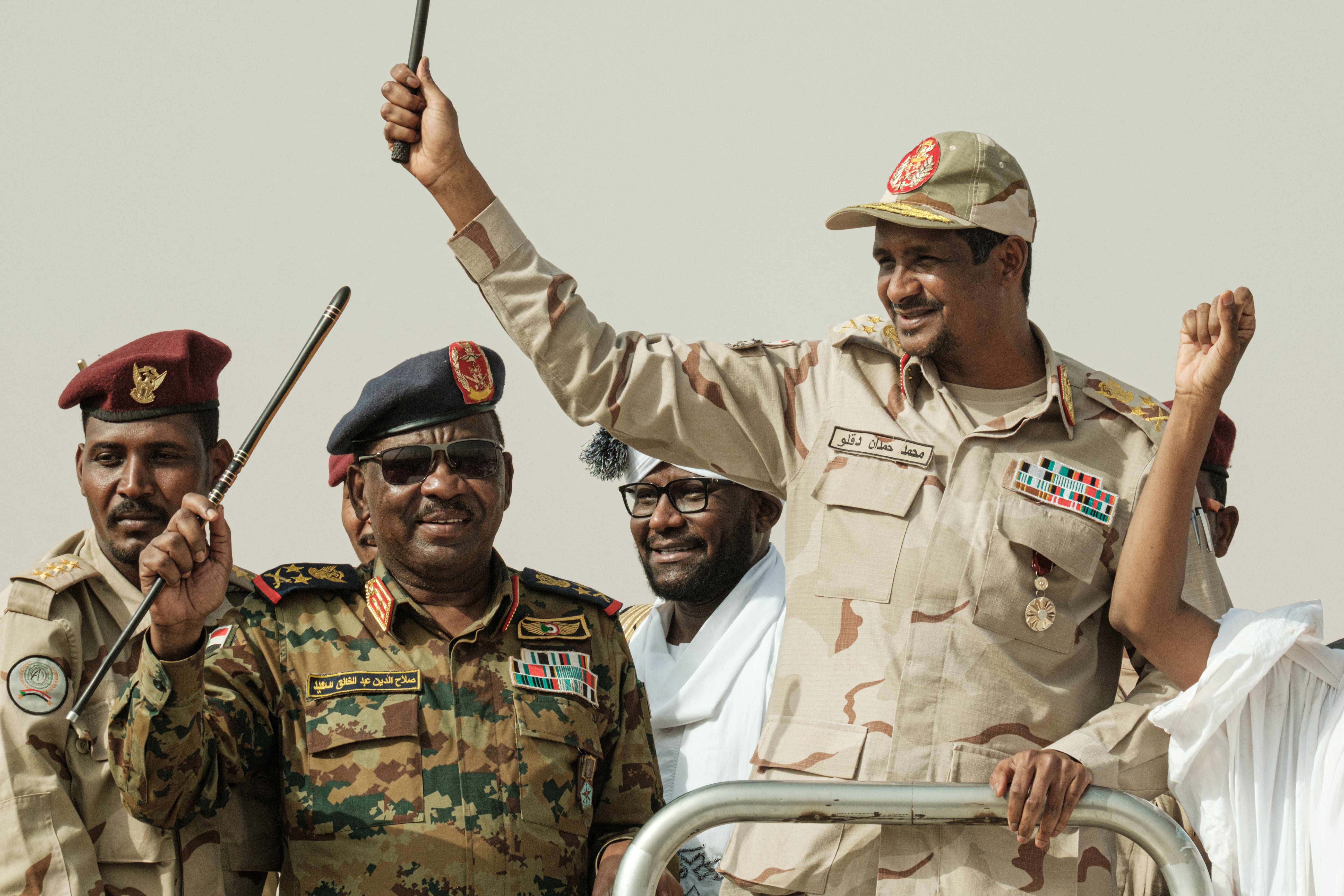Iran Executes Two More Activists
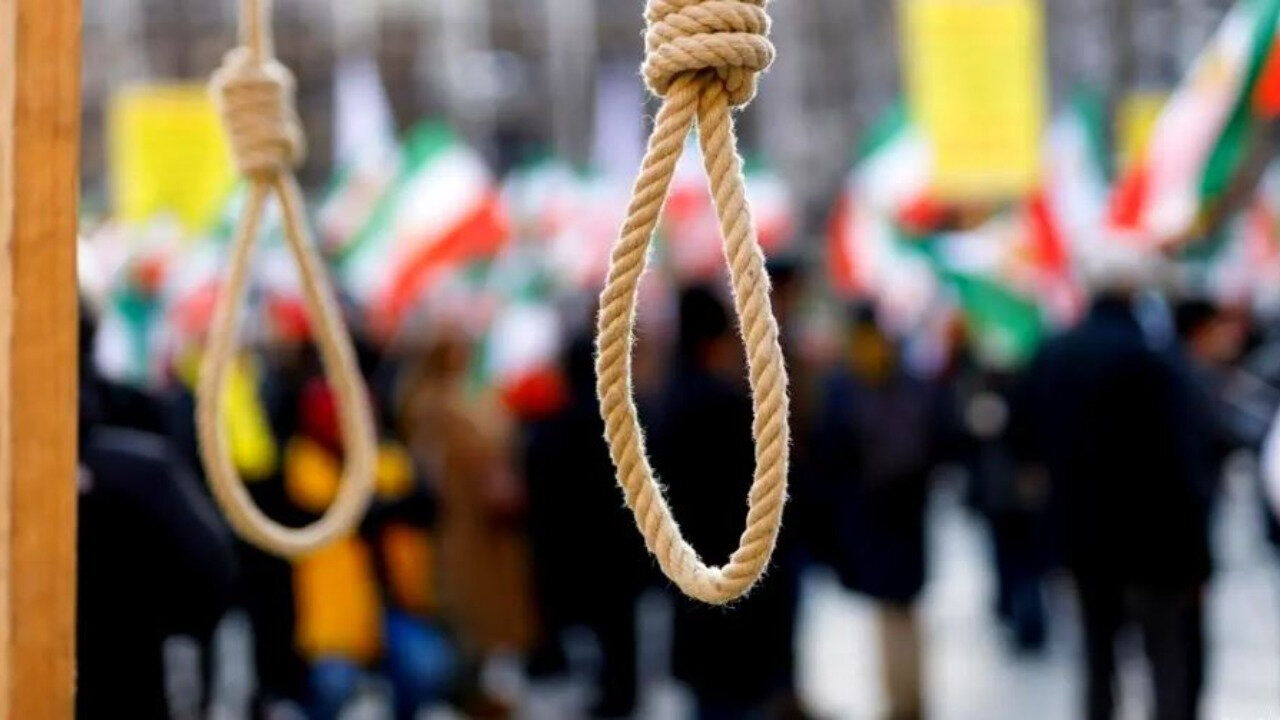
The conviction of Mohammad Mahdi Karami and Seyed Mohammad Hosseini for "corruption on earth" stems from their alleged role in the killing of a paramilitary officer.
Human rights organizations condemned the trial, calling it a "sham." 22-year-old Mr. Karami's family claims they were not allowed to meet him before he was killed.
Ruhollah Ajamian, a paramilitary officer, was allegedly killed by a group of mourners paying their condolences to a recently killed demonstrator while they were stripped naked, according to the prosecution.
Following the death in detention of a lady who had been arrested by morality police for reportedly wearing her hijab, or headscarf, "improperly," protests against Iran's religious establishment erupted in September.
According to the international Human Rights Activists' News Agency, at least 516 protestors have been killed so far, including 70 minors, while 19,262 others have been detained (HRANA). 68 security personnel deaths have also been recorded.
Many of those who were imprisoned during protests reportedly suffered from torture, enforced disappearance, incommunicado incarceration, and other cruel treatment.
Iranian authorities refer to the demonstrations as "riots" and charge that outside forces are instigating the disturbance. The guys were were given a death sentence in December 2022, but they challenged their convictions because they said they had been tortured into giving false confessions.
Lawyers for Mr. Hosseini claimed the prisoner was abused and blindfolded. Ali Sharifzadeh Ardakani claimed that the man had been assaulted with a metal rod and tasered.
On January 3, the sentence was affirmed by Iran's Supreme Court.
The family of Mohammad Mahdi Karami begged the authorities to spare his life. According to Mr. Karami's attorney, he was on a hunger strike before he passed away because he had been denied the ability to select his own attorney for the legal processes.
He opted to use state-appointed attorneys instead. The judiciary was beseeched by his parents to spare their son's life. His father pleaded with the judge to abrogate the capital penalty in his son's case.
According to the Center for Human Rights in Iran, the journalist who interviewed Mr. Karami's parents was later detained by authorities and is still being held (CHRI).
The guys were "lynched," according to CHRI Executive Director Hadi Ghaemi, and had no chance of receiving a fair trial. "To instill fear in the population and crush the Iranian people's hopes and calls for reform, the Islamic Republic uses executions and lethal force against street protesters."
He argued that nations should punish Iran more severely, perhaps by removing their embassies. Amnesty International called the trial a "rapidly unjust group trial" and claimed Iranian authorities wanted to execute at least 26 more people.
In the same case, 11 further men received prison sentences, while three other men received death sentences. With the most recent hangings, Iran has now executed four people since December.
For reportedly using a knife to kill two members of the security forces and injure four others in December, Majidreza Rahnavard, 23, was publicly hanged from a crane.
Mohsen Shekari, also 23, was slain for allegedly blocking a thoroughfare and injuring an Iranian Basij force member.
